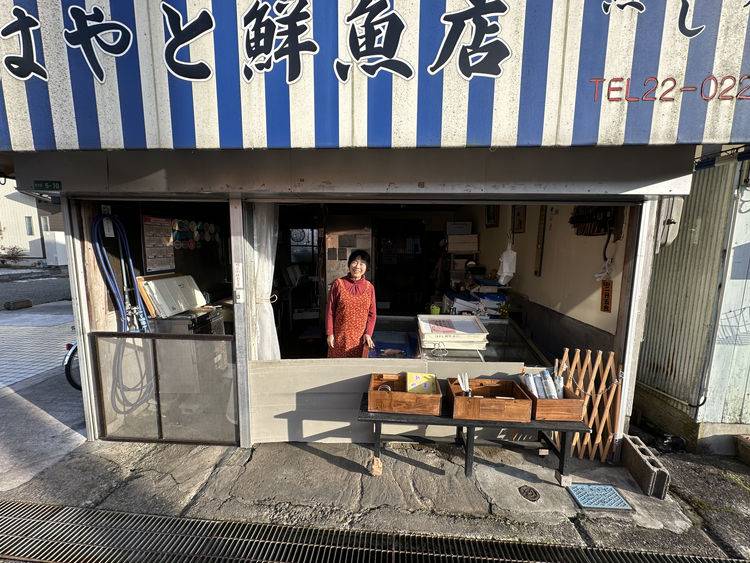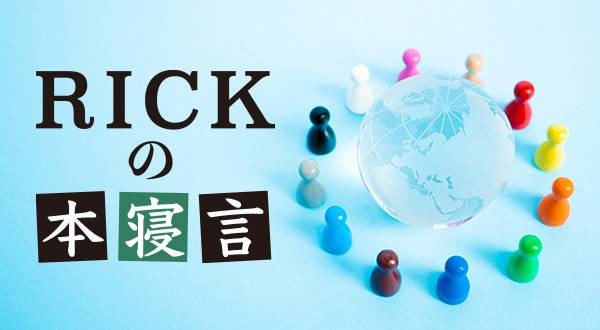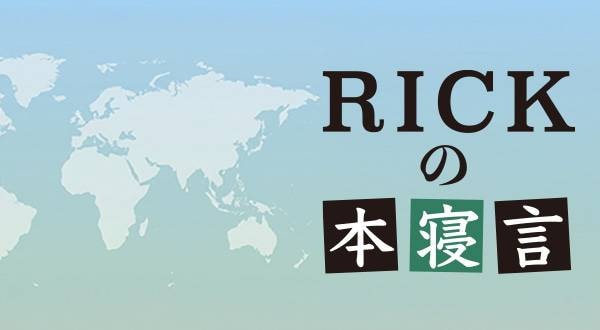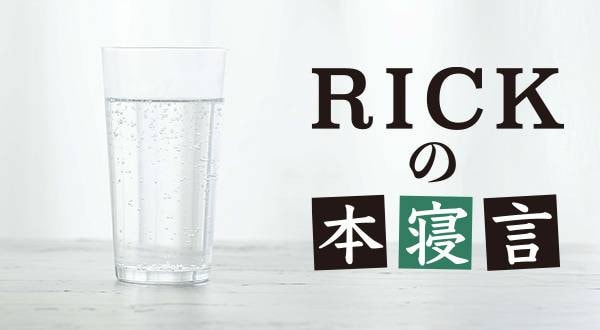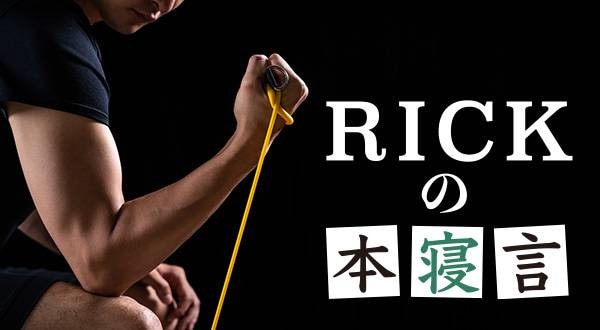I am now in Kubokawa, Shimanto-cho in Kochi Prefecture. I left Tokyo for Kochi Ryoma Airport by plane early in the morning, and from Kochi Station, I took a two-car express train for one hour and got off at Kubokawa Station. From there, I went to Iwamoto-ji, the 37th temple on the Shikoku pilgrimage that was cherished by Kukai. Iwamoto-ji is also an important place for me since I am trying to visit all the 88 pilgrimage temples in Shikoku on my own two feet. Kubokawa is a small rural town with a small population. Nevertheless, there is a surprisingly beautiful power brimming there.
Kubokawa is a very cozy town because most of the people who pass me by say hello to me. I am not treated like a stranger. As far as I can tell, all I saw were elderly women in their 70s and 80s. I doubt that there is even one elderly man out of ten people in town. Still, as I walked around town, I passed many teenagers walking with their friends after school. To my surprise, every teenager greeted me with a pleasant “Hello” as we passed each other on the street. Of course, I greeted them with a “Hello!” This was a sight that has become rare in the city in recent years, so I was truly surprised.
Judging at a first glance, I guessed they were junior high school students. Of course, there was a mix of boys and girls, and I must have passed more than 20 people in total. I was even more surprised to see that not only did they all greet me, but they all had smiles on their faces. I could sense the future of Japan. I felt that Japan hasn’t gone down the toilet yet. The children who grew up in the countryside of Shimanto, far from the city, seemed to have big hearts, unlike their city counterparts, as they spent their days in the sun. If these children don’t have a sense of self-worth and concern for those around them, there is no reason for them to greet me, an “old man” passing by.
This was not only children, but even the lady at the fish shop greeted me with a smile as I walked by. She didn’t want to sell me anything, as most things were sold out as far as I could see in her store. She just wanted to say hello and spoke to me with a smile. It was the lady from Hayato Fresh Fish Store. She had a really beautiful smile. The man who ran the fruit shop in front of the main gate of Iwamoto-ji was also cheerful. He introduced me to a person who gave me 20 tangerines for 300 yen. They were so delicious!
Shimanto-cho is a small town with a population of only 15,000, but it still retains the culture where people still care for each other and still greet each other, which is being lost in the cities. When you are touched by the warmth of people’s hearts, your exhausted body begins to revive itself, and even your wounded heart begins to heal. The first essential step to human interaction is always the initial heartfelt greeting.
Looking back, I wonder what was really going on in my own company and around me. Having spent my childhood in the Showa Era (1926-1989), learning martial arts and sports, and acquiring the etiquette of an athletic person, greeting people is a matter of course for me, so it doesn’t bother me in the least. In fact, knowing that conversation begins with greetings, I have become accustomed to building human relationships through the extension of greetings, making sure to word things skillfully in my own way. I worked to have the importance of this greeting properly followed by the company from the very beginning of the company’s existence. As a result, the company had come to be known to outsiders as a wonderful company where all employees greet guests. In the past, people used to say to me, “Sound House’s employees are wonderful! Everyone greets us every time they pass by.” There certainly was a time when this was true.
But for some reason, there is a different atmosphere in the air now. In a word, it is an outlook on life that does not like socializing or even having contact with people, and therefore, there is no longer any need to say hello. “I am what I am and people are what they are, and if possible, I don’t want to bother with small talk if I can help it, much less say hello to a total stranger.” I do not doubt that sort of feeling. It is not surprising that they have not learned how to greet others since they were not trained to do so in sports club activities, nor were they thoroughly taught to greet others by their parents in their home education.
Unfortunately, the culture of greeting people has somehow disappeared from the Sound House that I founded. Somehow, the number of people who don’t like to greet people or don’t greet people seems to be gradually increasing. Is this just another trend of the times? However, human beings cannot live alone. We are only able to live because there are people around us. That is what human society is all about. That is why we should cherish our encounters with people and greet them, even if they are just passing by. Therefore, I keep saying to myself, “Let’s say hello!” This is because I know that this is where connections are made, new discoveries are made, and opportunities are created to make life more enjoyable and interesting.
Sound House recommends that everyone go mountain climbing. Why? Of course, this is important to strengthen one’s legs and hips and build a healthy body while enjoying the view of the great outdoors. At the same time, the mountain climbing experience is a great opportunity to learn how to greet others. Anyone who climbs a mountain will understand this. It is a common practice in Japanese mountaineering culture to say “Hello!” to those who pass you on the way up or down the mountain. On a mountain trail like Ishizuchisan in Shikoku, where climbers walk long distances for hours on end, dozens or even more than a hundred people can pass by on a clear day. It is incredibly overwhelming to say “Hello!” to each of them, but it becomes less and less of a burden as you get used to it. It is a refreshing feeling to know that the other person also says hello to you. Through the mountain climbing experience, even those who have never been good at saying hello will naturally become able to do so. This is one of the true joys of mountain climbing.
I hope to return to Kubokawa someday. I would like to see the elderly ladies’ smiling faces again. I hope they live long lives. Relationships begin with greeting each other and having consideration for each other. Valuing the connection between heart and mind is surely the driving force behind fixing the problems of Japanese society and building the Japan of tomorrow. Keeping these thoughts in mind, early tomorrow morning I will be running alone from Kubokawa to Cape Ashizuri along the 86-kilometer pilgrimage route, the longest of the 88 pilgrimage routes on Shikoku. I will hold onto my dream that the future is opening up for me.
